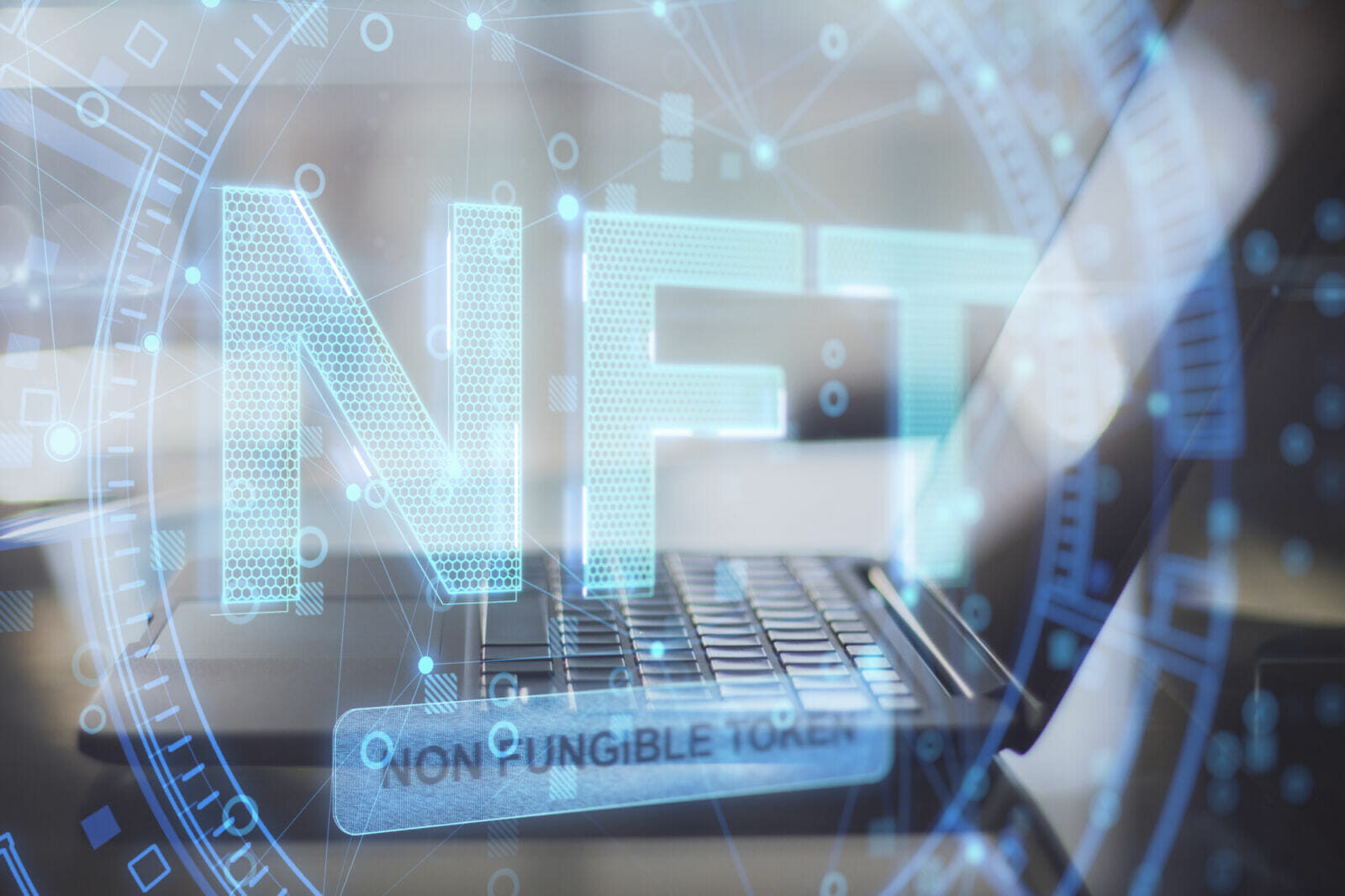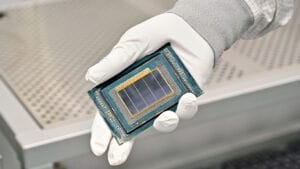Non-fungible tokens (NFTs) have been around for a while, and technology innovation has slowly crept into diverse industries such as entertainment, art, and finance. Another industry that has adopted the use of NFTs is the tech industry, which has been achieved through NFT games. The connection between NFT (non-fungible token) games and the tech industry is rooted in blockchain technology, a fundamental component of NFTs.
The merging of NFTs and blockchain technology in games has been a game changer for the tech industry. Players have multiplied their income streams through play-to-earn games like Chainers.io, buying and selling in-game assets, and active participation in new projects. NFTs have the potential to boost gaming economies, establish new gaming categories, and promote the development of new games.
The infusion of NFTs into games is done through a concept called NFT gamification.
What Is NFT Gamification?
NFT gamification is a concept that combines gaming and blockchain technology to create new ways of earning additional income by playing games and trading gaming resources. It employs blockchain technology to develop decentralized gaming and uses cryptocurrencies and NFTs to make in-game asset purchases, which can be converted into fiat money. Blockchain gaming allows actual ownership of in-game assets, making the gaming experience more exciting than other competitive games available on the market.
NFTs are unique digital assets supported by blockchain technology. All gaming resources in NFT gamification are designed as NFTs. They have a ready market for a range of players and can also be put up for purchase. NFT gamification can be used to improve game dynamics in different ways. It has proven to be a strong contender for in-game items, enhancing in-game economic systems.
Users can build their virtual worlds, customize them, take part in activities, and earn rewards through NFT gamification. Gamifying NFTs transforms simple NFTs into powerful gaming assets.
NFTs and Blockchain Technology in Games
NFTs (non-fungible tokens) and blockchain technology are rapidly being integrated into the gaming industry, revolutionizing how digital assets are owned, traded, and utilized within video games. Blockchain-powered games enable players to buy, sell, and trade NFTs using peer-to-peer mechanisms, creating a player-driven economy. This empowers players to monetize their time and effort spent in the game.
How Is the Game Industry Revolutionized by NFTs?
NFTs have impacted the game industry positively in so many ways. Here are some ways they are driving this transformation in gaming.
NFTs as In-Game Assets
NFTs are digital assets that show ownership of a unique item or piece of content. In the gaming industry, NFTs can be used to represent in-game assets, such as characters, props, cards, and more. These assets are stored securely on the blockchain, which ensures their authenticity and ownership.
Blockchain Technology
Blockchain technology is the underlying technology that powers NFTs in gaming. It is a decentralized and transparent ledger where transactions and asset ownership are stored. In contrast to traditional games, blockchain games are less prone to the loss of in-game items.
Game developers can use blockchain technology to create a system where players have total ownership of their in-game assets. Players can buy, sell, and trade their NFTs with other players within and outside the game.
Ownership and Value
NFTs enable players to truly own their in-game digital possessions. In games, NFTs are transferable and can even be sold to other players. These items can neither be duplicated nor tampered with.
When it comes to NFT games, developers in the tech industry can create unique in-game items, characters, or properties as NFTs.
The value of NFTs is determined by factors such as scarcity, game specifics, and utility, creating a new economy within games where players can earn real-world value through the ownership and trading of NFTs.
Interoperability
NFTs are built on blockchain technology; hence, they can be transferred and used across different games and platforms. Players can use their NFTs across different games or even trade them on various marketplaces. NFTs being interoperable allows players to explore as many platforms or games as they want, as long as they are compatible.
Play-to-Earn Games
NFT games are an integral part of the Game-Fi (Game Finance) world, where players can earn money by participating in gaming quests and activities. The play-to-earn games give players new avenues to earn cryptocurrency through gameplay. Therefore, players have a lot of opportunities to monetize their gaming skills and investments.
Transparency and Security
Blockchain technology provides transparency and security in gaming. NFTs in games have a transparent record of ownership and transaction history, ensuring the authenticity and provenance of in-game assets. Players can verify the origin and ownership history of an in-game item, eliminating fraud and guaranteeing a safer gaming experience for users.
Additionally, blockchain technology ensures that game assets cannot be replicated, as each NFT has a permanent record on the blockchain. Blockchain technology has the potential to completely change virtual economies by providing gamers with unmatched transparency, security, and privacy through decentralization. The items become irreplaceable when governed by a non-fungible digital contract stored in the blockchain. It is guaranteed that every in-game item is always accessible to the rightful owner.
Conclusion
In a world that is currently experiencing an economic decline, many individuals are constantly looking for ways to diversify their income streams. NFT games have revolutionized the tech industry by providing new revenue streams in a decentralized economy while also offering transparent and secure in-game item ownership. Over the years, NFT games have been a safe avenue players use to convert their time and game-playing skills into earnings. Unlike traditional games, NFT games offer an array of gaming niches to suit the players’ tastes.
Incorporating non-fungible tokens (NFTs) and blockchain technology into the gaming industry, mainly through NFT games, has initiated a transformative revolution in the tech sector. NFT gamification introduces innovative methods for players to earn income by trading in-game resources. NFT games continue to uncover the potential of the tech industry while simultaneously bringing the gaming world into the spotlight.




